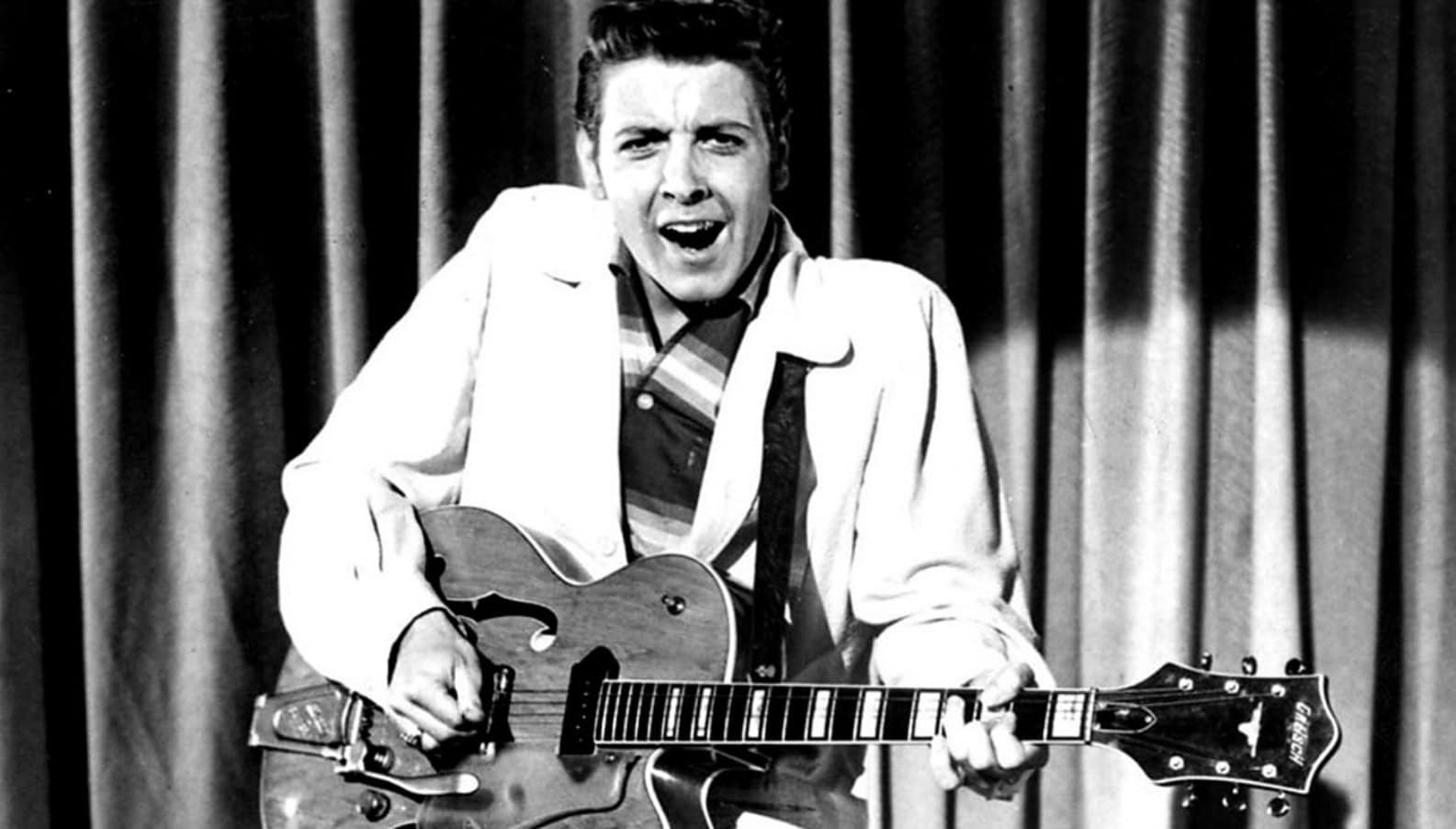
About the song
“Summertime Blues” is a quintessential rock and roll anthem co-written and recorded by the influential American artist Eddie Cochran. The song, penned by Cochran and his manager Jerry Capehart, was initially released as a B-side single in August 1958. Despite its secondary release status, it quickly ascended the charts, peaking at number 8 on the Billboard Hot 100 on September 29, 1958, and reaching number 18 on the UK Singles Chart. This track encapsulates the rebellious spirit and frustrations of youth, striking a chord with audiences of the late 1950s and beyond.
Recorded on March 28, 1958, at the iconic Gold Star Recording Studios in Hollywood, California, “Summertime Blues” showcases Cochran’s multifaceted musical talents. He performed both the lead and bass vocals, played all guitar parts, and contributed to the hand clapping, potentially alongside Sharon Sheeley. The recording was further enriched by Connie ‘Guybo’ Smith on electric bass and Earl Palmer on drums. The “work-a-late” bass vocal segments in the song were Cochran’s homage to the Kingfish character from the Amos and Andy television series, adding a unique flair to the track.
The song narrates the tribulations of a teenager grappling with the demands and constraints imposed by his parents, boss, and congressman during the summer. The protagonist laments having to work to earn spending money, which interferes with his social life and dating plans. His frustrations are compounded when his parents deny him car privileges due to perceived laziness, and his congressman dismisses his complaints because he is too young to vote. The storyline’s relatability and Cochran’s energetic delivery resonated with many, solidifying the song’s place in rock history.
“Summertime Blues” has enjoyed enduring popularity and has been covered by numerous artists across various genres. Notable versions include renditions by Blue Cheer, The Who, Brian Setzer, and country music star Alan Jackson, who took the song to number one on the country charts. Brian Setzer’s version was recorded for the 1987 film “La Bamba,” where he portrayed Eddie Cochran, further cementing the song’s legacy.
The impact of “Summertime Blues” extends beyond the music charts. The 1958 Liberty Records single by Eddie Cochran was inducted into the Grammy Hall of Fame in 1999, and Rolling Stone magazine ranked it number 73 on its list of the 500 Greatest Songs of All Time. Additionally, Q magazine placed it at number 77 in its 2005 list of the 100 Greatest Guitar Tracks. The song is also included in the Rock and Roll Hall of Fame and Museum’s list of “The Songs That Shaped Rock and Roll.”
The song’s cultural significance is evidenced by its inclusion in various films and television shows, such as “Caddyshack,” “This Boy’s Life,” “American Shaolin,” and season 4 of “Beverly Hills, 90210.” “Summertime Blues” remains a defining piece of Eddie Cochran’s legacy and a timeless expression of teenage angst and rock and roll rebellion.
Video
Lyrics
I’m a-gonna raise a fuss
I’m a-gonna raise a holler
About workin’ all summer
Just-a trying to earn a dollarEvery time I call my baby
Try to get a date
My boss says “No dice, son
You gotta work late”Sometimes I wonder
What I’m-a gonna do
But there ain’t no cure
For the summertime bluesWell my mama and papa told me
“Son, you gotta make some money
If you wanna use the car
To go a-ridin’ next Sunday”Well, I didn’t go to work
Told the boss I was sick
“You can’t use the car
‘Cause you didn’t work a lick”Sometimes I wonder
What I’m-a gonna do
But there ain’t no cure
For the summertime bluesI’m gonna take two weeks
Gonna have a fine vacation
I’m gonna take my problem
To the United NationsWell, I called my congressman
And he said, quote:
“I’d like to help you, son
But you’re too young to vote”Sometimes I wonder
What I’m-a gonna do
But there ain’t no cure
For the summertime blues